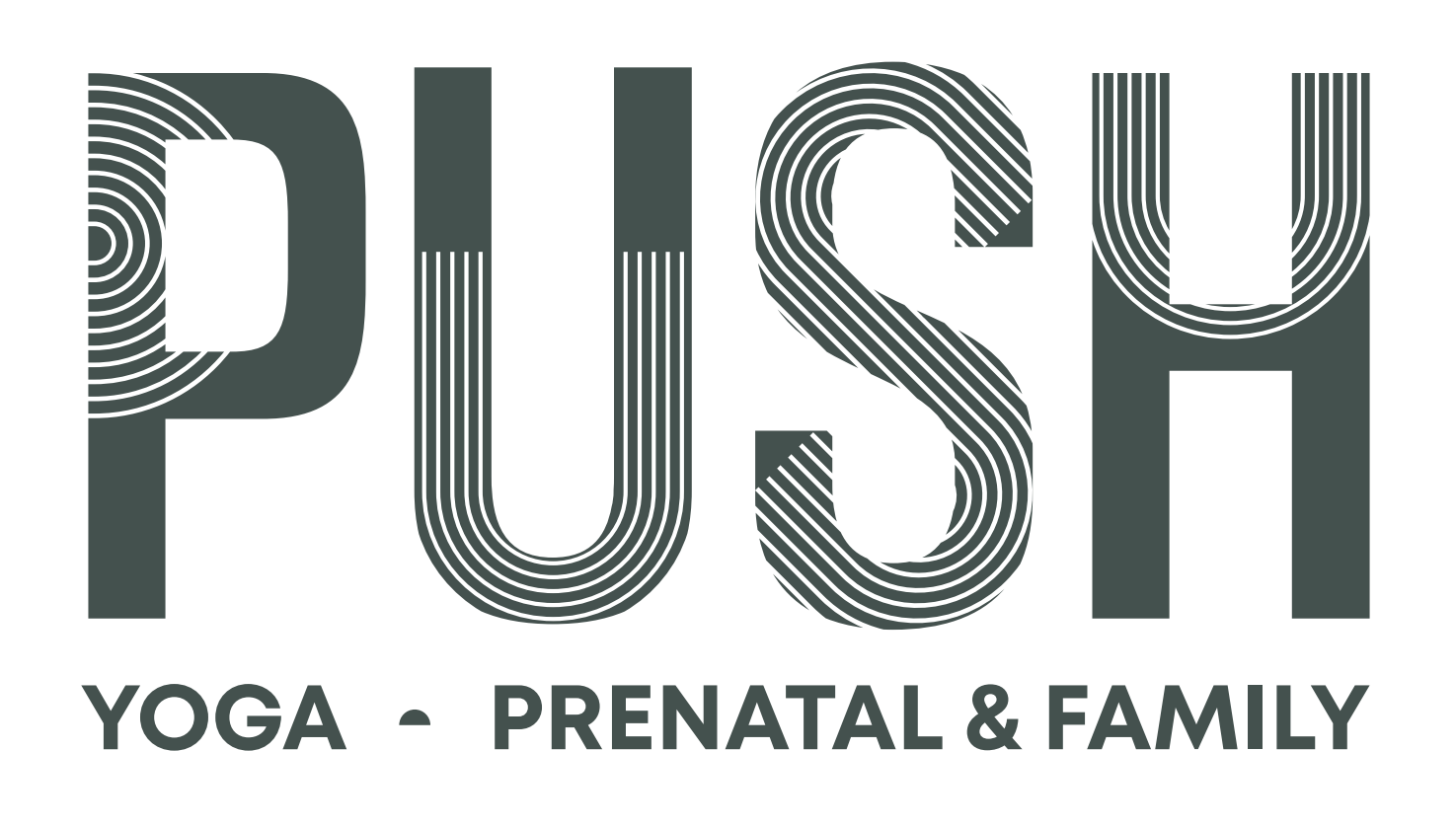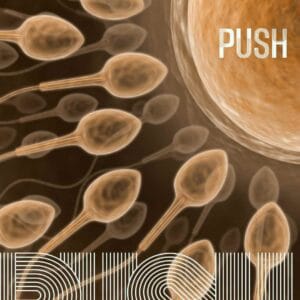Pregnancy is a transformative journey, both physically and emotionally. As the body undergoes remarkable changes to nurture and grow new life, nutritional needs increase significantly. Many expectant parents explore dietary supplements as part of their prenatal care regimen, seeking to ensure their baby gets the best start possible. However, navigating the world of supplements can be overwhelming and complex. In this post, we delve into the topic of supplements during pregnancy and their potential role in supporting maternal and fetal health, while emphasizing the importance of professional guidance.
The Nutritional Demands of Pregnancy
During pregnancy, the body’s demand for certain nutrients increases to support the growth and development of the baby while maintaining the health of the mother. Essential nutrients include:
- Folate and Folic Acid – Vital for the prevention of neural tube defects.
- Iron – Supports the increased blood volume and helps prevent anemia.
- Calcium – Crucial for fetal bone development and maintaining maternal bone health.
- Vitamin D – Aids in calcium absorption and supports the immune system.
- Iodine – Important for thyroid function and fetal brain development.
- Omega-3 Fatty Acids – Essential for brain and eye development in the fetus.
While a balanced diet rich in whole foods is the cornerstone of prenatal health, achieving optimal levels of these nutrients solely through food can be challenging. This is where supplements may come into play.
Why Consider Supplements During Pregnancy?
Pregnancy is a time of heightened nutritional demand. Factors that might lead to a reliance on supplements include:
- Dietary Restrictions: Vegans, vegetarians, or individuals with food allergies may have difficulty obtaining adequate amounts of certain nutrients, such as vitamin B12, iron, or omega-3 fatty acids.
- Morning Sickness: Severe nausea and vomiting (hyperemesis gravidarum) can limit food intake and cause nutrient deficiencies.
- Pre-existing Health Conditions: Conditions like anemia, thyroid disorders, or diabetes may necessitate specific supplementation to maintain maternal and fetal health.
- Increased Nutritional Needs: Even with a nutrient-rich diet, the body’s demand for key vitamins and minerals often exceeds typical dietary intake.
Types of Supplements Commonly Considered During Pregnancy
While every pregnancy is unique, some supplements are frequently discussed in prenatal care. Let’s explore them:
1. Prenatal Multivitamins
Prenatal vitamins are formulated to meet the nutritional needs of pregnancy, providing a combination of essential nutrients in recommended amounts. These are often a first-line supplement recommended by healthcare providers.
2. Folate (or Folic Acid)
Folate is critical in early pregnancy for the development of the neural tube, which becomes the baby’s brain and spinal cord. Folate is the naturally occurring form found in foods, while folic acid is the synthetic form found in supplements and fortified foods.
3. Iron
Iron is crucial for the production of hemoglobin and supports the increased blood volume during pregnancy. Iron supplementation may be recommended if blood tests indicate anemia or low iron stores.
4. Omega-3 Fatty Acids
DHA (docosahexaenoic acid), a type of omega-3 fatty acid, supports the development of the fetal brain, eyes, and nervous system. Sources include fish oil supplements or plant-based alternatives for vegetarians.
5. Probiotics
Probiotics are live bacteria that support gut health. Research suggests they may play a role in reducing the risk of pregnancy complications such as gestational diabetes, preeclampsia, and preterm birth, although more studies are needed.
6. Vitamin D
Vitamin D aids calcium absorption and supports the immune system. Adequate levels are important for both the mother’s bone health and the baby’s skeletal development.
7. Magnesium
Magnesium supports muscle function, reduces the risk of leg cramps, and may play a role in preventing preterm labor.
8. Calcium
Calcium is essential for fetal bone and teeth development. When dietary intake is insufficient, the body may draw calcium from the mother’s bones, potentially weakening them.
Safety Considerations
While supplements can fill nutritional gaps, there are important considerations to keep in mind:
- Avoid Over-Supplementation: More isn’t always better. Excessive intake of certain nutrients, such as vitamin A or iron, can be harmful to both the mother and baby.
- Third-Party Testing: Look for supplements that have been independently tested for quality and purity to avoid contaminants like heavy metals or harmful additives.
- Interactions with Medications: Some supplements can interact with medications or other supplements. Always disclose all medications and supplements to your healthcare provider.
- Individual Needs: Nutritional requirements vary based on factors like age, weight, health conditions, and whether you’re carrying multiples (e.g., twins or triplets).
- Timing Matters: Certain nutrients are especially critical at specific stages of pregnancy. For instance, folate is crucial in the first trimester, while iron needs peak in the second and third trimesters.
The Role of Healthcare Providers
Healthcare providers play a critical role in guiding supplement use during pregnancy. They can:
- Conduct blood tests to identify deficiencies.
- Recommend appropriate dosages tailored to individual needs.
- Monitor for potential side effects or interactions.
- Provide evidence-based advice on supplement brands and formulations.
Naturopathic doctors may also offer insights into holistic and natural approaches to supplementation, often emphasizing bioavailable and food-based options. Integrating advice from both conventional and naturopathic practitioners can provide a well-rounded approach to prenatal care.
Food First: The Foundation of Prenatal Nutrition
While supplements can be helpful, they should not replace a balanced diet. Whole foods provide a synergistic array of nutrients, fiber, and bioactive compounds that work together to support health. Focus on:
- Fruits and Vegetables: Rich in vitamins, minerals, and antioxidants.
- Whole Grains: Provide fiber, B vitamins, and sustained energy.
- Lean Proteins: Support tissue growth and repair.
- Healthy Fats: Found in foods like avocados, nuts, seeds, and fatty fish.
- Dairy or Dairy Alternatives: Provide calcium and vitamin D.
Emerging Research on Supplements in Pregnancy
The field of prenatal nutrition is constantly evolving. Recent studies are exploring topics like:
- The Microbiome: How probiotics and prebiotics may influence maternal and fetal health.
- Choline: Its role in brain development and how supplementation may benefit cognitive outcomes.
- Personalized Nutrition: Using genetic testing to tailor supplement recommendations.
Staying informed about new research can empower expectant parents to make choices aligned with the latest scientific understanding.
Pregnancy is a time of incredible growth and change. By prioritizing proper nutrition and seeking expert advice, you can support your body and baby’s health every step of the way. Remember, every pregnancy is unique, so personalized care is essential. When in doubt, lean on your healthcare team to guide you through this remarkable journey.
Disclaimer: This post is for informational purposes only and does not constitute medical advice. Always consult your healthcare provider, obstetrician, or naturopathic doctor before starting, stopping, or altering any supplement regimen during pregnancy.



